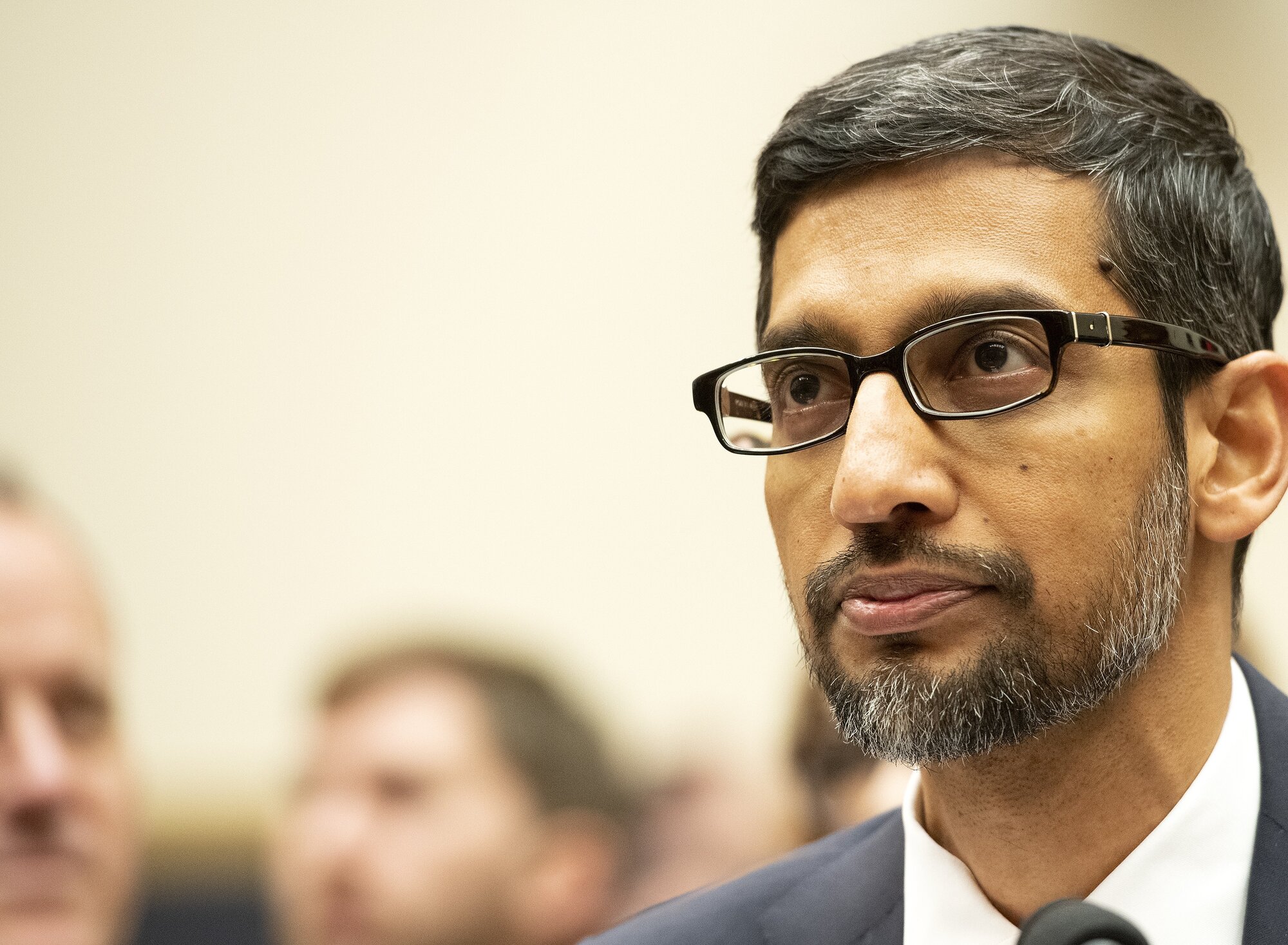Perplexity Is The Fast, Clean, And Ad-Free Google Challenger The Internet Has Been Waiting For
As someone who's been a working journalist for 20 years at this point — work that, to be more specific, has largely involved writing and publishing content for the web — I was impressed right away after trying out the flagship release from Perplexity, a new AI-based search startup whose backers include Jeff Bezos. The company's search product, already in use by about 10 million people monthly, is something it calls an answer engine; it's essentially a clean, conversational, and ad-free Google challenger that's also, and this is the key thing, respectful of both the users it serves and the content it surfaces.
When a user inputs a query into Perplexity's Google Search-like box, the linked sources that support whatever response is given are presented at the very top of the page. In a clear, concise, and easy-to-understand format — not, in other words, buried under a series of ads and "People Also Ask" questions.
"Instead of expecting users to parse through ads and SEO-driven page rankings that add clutter and waste time, the new era of search will be defined by concise, high-quality, and trusted answers with in-line citations," Perplexity CEO Aravind Srinivas told me in an email. "We built Perplexity to lead this shift. We believe a chatbot is the next interface for consuming information on the web, and we also believe people will start conversing more naturally with their devices, much in the same way they would with humans."
His startup, which operates with less than 40 employees out of a co-working space in San Francisco, launched less than two years ago — but you wouldn't know that from the 53 million visits its website and apps got in November. Its profile has also risen lately thanks in part to raising $73.6 million in Series B funding, as well as a growing dissatisfaction with Google — some of which is also coming from Googlers themselves.
Google software engineer Diane Hirsh Theriault, for example, made waves with a recent LinkedIn post in which she blasted the company following the layoff of employees from its ad sales team as well as from its Pixel, Fitbit, and Nest divisions. The layoffs were greeted with internal grumbling that the now-annual layoffs are eroding Google's company culture. "Google does not have one single visionary leader," Theriault wrote. "Not a one. From the C-suite to the SVPs to the VPs, they are all profoundly boring and glassy-eyed."
Those comments also come as Google is attempting a risky and consequential pivot of one of its biggest products — Google Search, which has around 90% of the online search market and, after years of serving up familiar blue links in response to search queries, is evolving toward just summarizing all the content from those links and using AI to directly answers questions right there on the Google Search page.

Basically, it's the same thing that Perplexity does, though Google's bigness can works against it. The search giant that can't always do the little things right (like surfacing erroneous and outdated content whenever I do a Google search for my name, for example) also routinely struggles with doing the big things well. Technology journalist Brian Krebs, for example, has a new piece out about malware hiding in some of those deceptive-looking ads you see at the top of search results.
Theriault continues: "Right now, all of these boring, glassy-eyed leaders are trying to point in a vague direction (AI) while at the same time killing their golden goose. Given that they have no real vision of their own, they really need their subordinates to come up with cool stuff for them. At the same time, there have been rolling layoffs for the past 6-12 months throughout the company, including engineering, sales, support, UX, product, data science, SRE, everything. Just randomly firing people, torching institutional knowledge, and blowing up perfectly functional teams."
As for Perplexity, among the investors who've provided some of its funding are two with ties to Google: Susan Wojcicki, the former CEO of YouTube, and Jeff Dean, Google's Chief Scientist, focusing on AI advances for Google DeepMind and Google Research. When the company announced its Series B just days ago, it added that Perplexity had served a billion queries in 2023. An impressive start for a company that's also done next to zero marketing.
Android users, we've heard you loud and clear! You can now add the Perplexity widget to your home screen. Enjoy quick access to Copilot, ask anything with your voice, snap or upload photos on the go, and stay updated with the latest in our Discover feed! pic.twitter.com/37c7kRMtrs
— Perplexity (@perplexity_ai) January 15, 2024
Furthermore, Srinivas told me that Perplexity doesn't have to make a direct, frontal assault on Google or challenge its market share in order to succeed. "We are operating in a new segment of AI assistants, a segment where new businesses and products will continue to be created and expanded. In this arena, Google doesn't have a monopoly."
But it does, of course, have a head start — one that Perplexity thinks a relentless focus on quality and execution can go a long way toward eroding. Above the input box on Perplexity's main page, users see the words "Where knowledge begins."
"Perplexity is intensely building a product capable of bringing the power of AI to billions," said Cack Wilhelm, General Partner at IVP, who led Perplexity's new funding round. "The team possesses the unique ability to uphold a grand, long-term vision while shipping product relentlessly, requirements to tackle a problem as important and fundamental as search."
